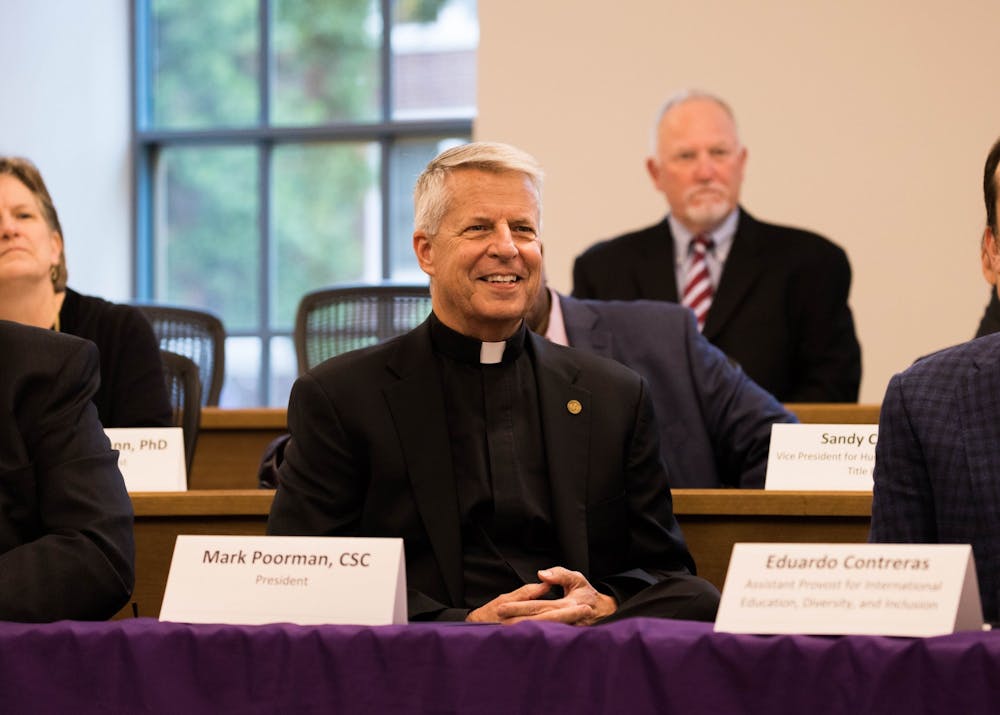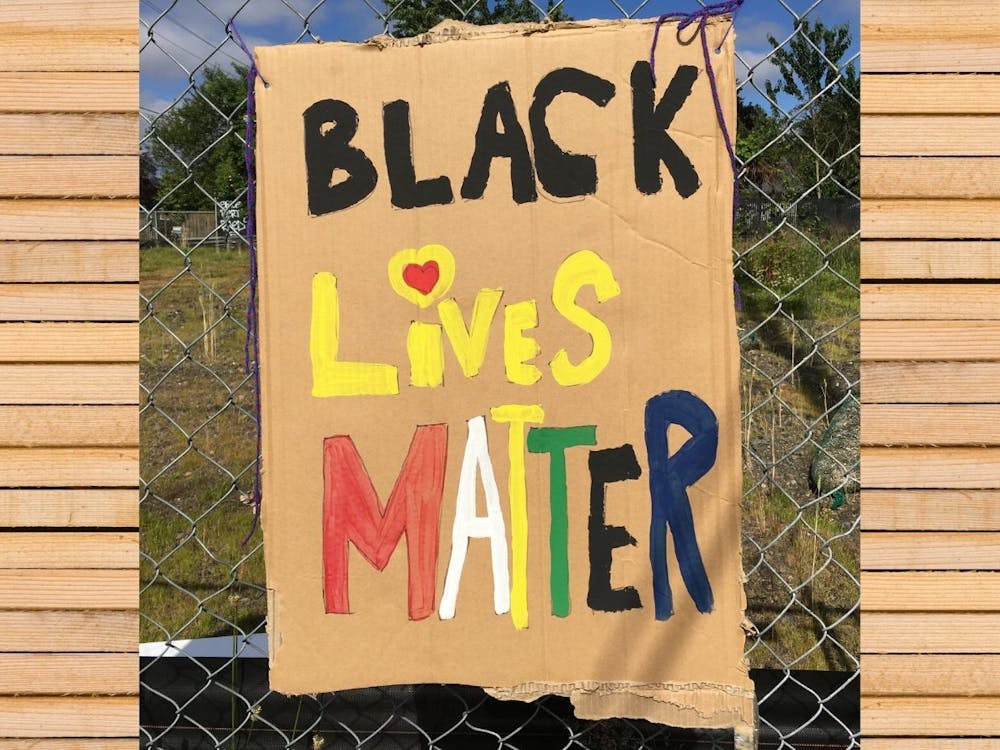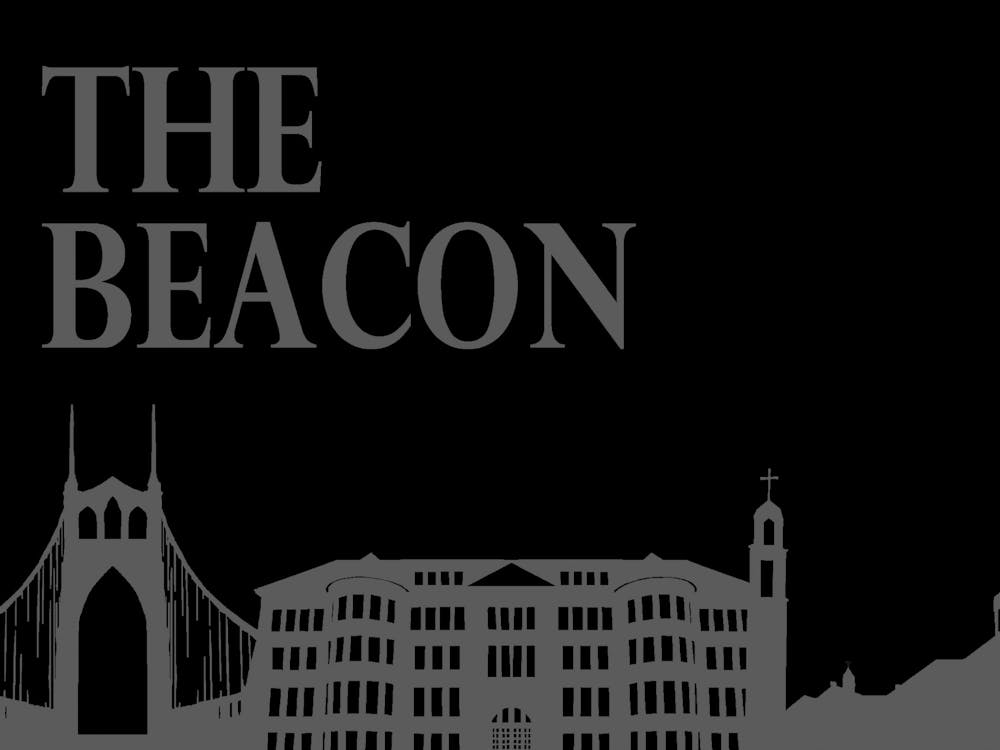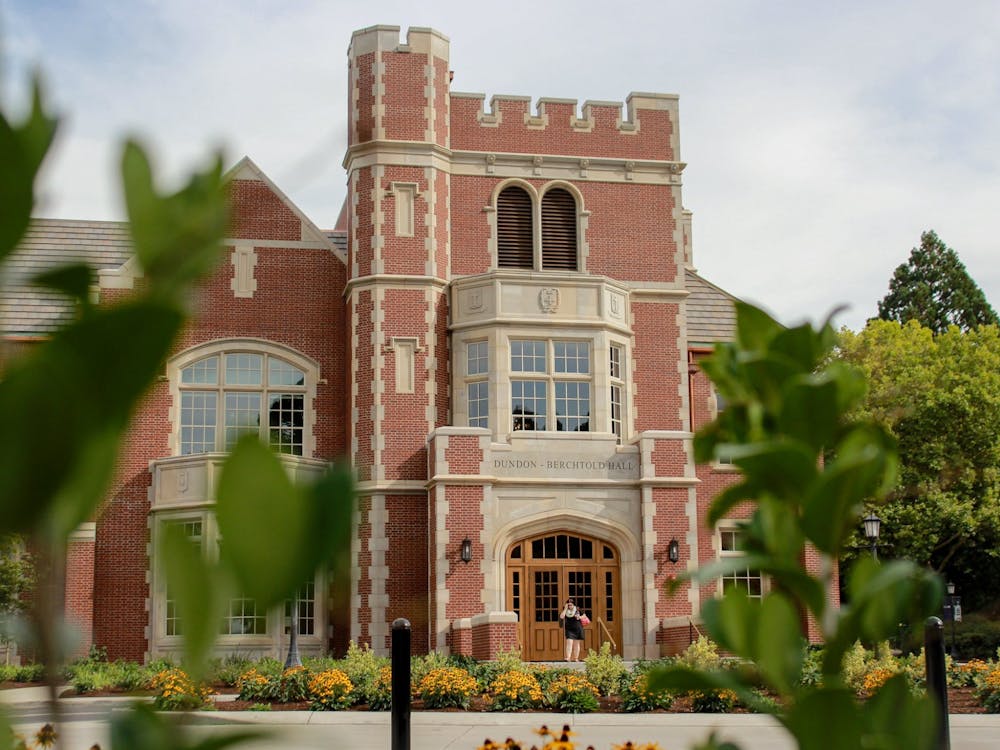Each evening after I get home from work, I try to go for a walk. I’m not always successful. Sometimes, the weather doesn’t cooperate. Other times, emails and phone calls stretch well into the evening and by the time I look up, it’s 10:00 p.m.
But when I can, I do a few laps around campus and the neighborhood.
In normal times, these evening walks provide me with a chance to clear my mind, to examine a particular issue from multiple perspectives, to develop a creative solution to a challenge. Like many others, I do some of my best thinking when I’m outside in the fresh air.
For much of the past five months, however, my mindset has been different. Instead of thinking freely during my walks, I can’t help but focus on The Commons, sitting dark and unused. I can’t ignore the field in front of Shipstad Hall, largely devoid of students throwing the frisbee and staff from the neighborhood enjoying campus with their families. The patio in front of the Pilot House is empty. The Bluff is still and quiet.
The people that make UP a place that we cherish, despite its flaws and imperfections, aren’t here. It’s heartbreaking for our students, our faculty, and our staff, and it’s heartbreaking for UP as an institution.
That heartbreak has only been compounded by events taking place in our local community, in our nation, and around the world. We continue to see vivid manifestations of racism, hatred, and inequality. So many are struggling with the economic fallout of this pandemic. At a time in which unity could be a powerful force against COVID-19, this unprecedented public health crisis has been politicized.
We’re also facing real challenges in our personal lives: the loneliness that comes with not being able to see relatives and friends who live far away; the relationships that have been changed by a lack of in-person interaction; the monotony of staying home for what can feel like an endless stream of Zoom meetings. And most of our struggles pale in comparison to the struggles of people living through this pandemic in other parts of the world.
These thoughts race through my head on my evening walks around campus.
It’s clear that we are living in a liminal space. We exist in a disorienting limbo that separates the familiar from the unknown. It feels like we’re floating and lack control. We’re facing challenge and uncertainty, and I’m not sure that anyone knows when they will abate.
It’s difficult to remain centered when everything around us is in flux. But I think that the virtues I cited in my welcome video message–gratitude, inter-dependence, and hope–can help to serve as our guide. They might be our aid as we weather the current storm and envision better days ahead.
I can’t wait for us to be back together again, for campus to come back to life, and for us to return to the in-person, face-to-face community that has been a hallmark of the UP experience since our founding in 1901. It will certainly be a welcome day to once again see our campus as it should be: filled with the people who make UP great. I am praying for you and your loved ones, and I ask that you join me in praying for our UP family.
As we begin a new academic year, I want to provide all community members with updates on key matters in the life of our University.
UP’s Continuing Response to the COVID-19 Pandemic
As I have stated previously, the decision to move almost all instruction online and keep residence halls generally closed for the Fall 2020 Semester was both straightforward and exceptionally difficult.
It was straightforward because our priority has been, and always will be, the health and safety of students, faculty, and staff. We made excellent plans for resuming our operations and I’m confident that we would have made the best of challenging circumstances. However, in late July, we felt that it was in the best interest of all Pilots and their families to keep campus as de-densified as possible. We wanted to avoid bringing students back to campus, only to have them return home after the start of our semester. Such a rapid pivot is difficult for students, faculty, and staff, and could result in UP sending infected individuals back to their homes. We also felt an obligation to do our part to stem the tide of the pandemic. By remaining closed, we are helping to flatten the curve and bring about a quicker end to this crisis.
At the same time, it was an exceptionally difficult decision. In his messages to faculty, staff, students, and families on August 18, Interim Vice President for Financial Affairs Eric Barger specified the economic challenges that UP will face as a result of this decision. We have already cut discretionary spending at UP, and we’ve been forced to enact temporary salary reductions and furloughs. These decisions have very real consequences on the lives of our employees, the people who teach and serve students. I know, too, that you and your families are also facing financial hardship.
These sacrifices are made for the health and safety of our community members. As we have seen throughout the country, the risks associated with resuming an in-person university community are very real. I am confident that we made the right decision to keep students, faculty, and staff safe, and to help our local community better manage the pandemic.
We are monitoring public health developments closely and studying the experiences of other colleges and universities. We hope to return to in-person instruction and on-campus residency for the Spring 2021 Semester and will keep all community members updated in the months ahead.
The Risks Associated with our Current Approach
Given our transition to remote learning and our general closure of residence halls, some may believe that the risks of COVID-19 have been eliminated. Not so.
The dangers to our community are still very much present. Even with the steps we have taken, we will still likely see COVID-19 cases appearing among our students, faculty, and staff. Thus, our vigilance must continue.
To our students living in UP residence halls and in the Portland area, know that you have a singular role to play in helping keep our community safe. You should remember that campus is open only to students, faculty, staff, and authorized visitors. Campus services are limited and operating under tight safety controls. Masks and physical distancing are required. Indoor and outdoor social gatherings, whether on-campus or off, are capped at ten people. Violating the University’s COVID-19 directives can result in disciplinary action through the University Conduct process. To our students living and learning remotely, the University asks you to comply with health and safety protocols issued by the CDC and your local public health authority.
On Friday, August 21, Father John Donato, C.S.C., sent a message to all students with further information on the University’s expectations and community standards. I ask you to read his message carefully and visit the University’s COVID-19 webpage often to learn more about the steps you must take as a Pilot to keep yourself and others safe.
I understand that these restrictions may seem harsh. However, we can look to the experiences of other institutions for proof that failure to adhere to these restrictions leads to COVID-19 clusters. We must all make personal sacrifices to help keep our fellow community members healthy. This is a shared responsibility.
UP’s Journey to Becoming a More Just, Equitable, and Affirming Community
All institutions, including the University of Portland, are facing a moment of deep reckoning when it comes to issues of racial justice and equity. These past few months have given us a new opportunity for soul-searching and self-critique. They have laid bare the pain and heartbreak that so many members of community carry with them, day-in and day-out. They have caused us to consider difficult truths about the University we cherish.
In many ways, this introspection is far overdue. Indeed, it shouldn’t take violence inflicted upon George Floyd, Ahmaud Arbery, Breonna Taylor, and others to spur this response in us. Furthermore, our society shouldn’t have to rely solely upon people of color to shoulder the full burden of advocacy. In an ideal world, this examination of power and privilege would be constant, and promoting equity and justice would be universal responsibilities.
In July, several brave individuals who lead the University’s diversity and inclusion organizations submitted a signed petition to me and other members of University leadership. The petition spoke to the lived experience of many on our campus and demanded change in a number of areas. I continue to admire their advocacy and their desire to ensure that UP more fully lives into its values.
Along with my fellow University leaders, I offered a written response to the petition. I recognize that most members of our community will not have had a chance to read this response, so I include a brief excerpt below, which has been slightly modified for clarity. I believe that this excerpt captures the perspective that I share with my fellow leaders.
It is clear that our University community hasn’t always made you and other people of color feel welcomed, cherished, and valued. Indeed, one doesn’t need to look any further than the @BlackatUniversityPortland and @PSafe_UofPortland Instagram accounts to see vivid examples of instances in which our institution fell short. One could state, too, that if we were living out our values as an institution to the fullest extent possible, then there would have been no need for your petition.
On more occasions than we’d like to admit, our community has failed. In so doing, the community has harmed individuals and, indeed, harmed itself. For these missteps and for the deviations from who we are called to be, we apologize.
At the same time, we affirm our belief that UP is an inherently good place with inherently good people. During the University’s Juneteenth forum, Moreau Center Program Manager Tshombé Brown posed an incisive question. After reading our June 12th institutional affirmation that Black lives do, indeed, matter, Tshombé asked whether UP has the will and the tools it needs to live up to this statement. As individuals who lead and love this institution, we strongly and unequivocally believe that the answer to this question is, “Yes.” Will it be easy? No. Will we always get it right? No. Will change happen overnight? Not necessarily. But, we believe that UP is a place worth fighting for.
A few weeks later, we held a Zoom meeting with some of the petition signatories. I can, of course, only speak for myself, but I found our gathering to be productive and deeply educational. We discussed restructuring our Diversity & Inclusion Programs, our efforts to recruit and retain underrepresented students and employees, and cultural authenticity on campus, among other topics. To be clear, we did not reach any definitive solutions. Rather, our discussion served as an initial foray into the work that must, and will, be done as we move forward.
I remind campus community members that on June 12, I penned a message along with University leaders detailing the steps that we intend to take to confront issues of equity, access, and inclusion on our campus. While the lack of an in-person semester will change how we make progress on these steps, it will not change the fact that progress is necessary. As always, the perspectives of community members on these issues are valued. Please contact oiedi@up.edu to share your insights and feedback about how UP can become an even more inclusive, equitable place.
Conclusion
We are facing many challenges, both in our own personal lives and as a University community.
I pray that despite the headwinds we face, we still find time for charity and peace, humor and kindness, optimism and hope. I pray that you give others the benefit of the doubt, and that you avoid being too hard on yourself. I pray that you and your loved ones remain safe, healthy, and resilient.
I know that before long, we will see each other again on our beautiful Bluff.








